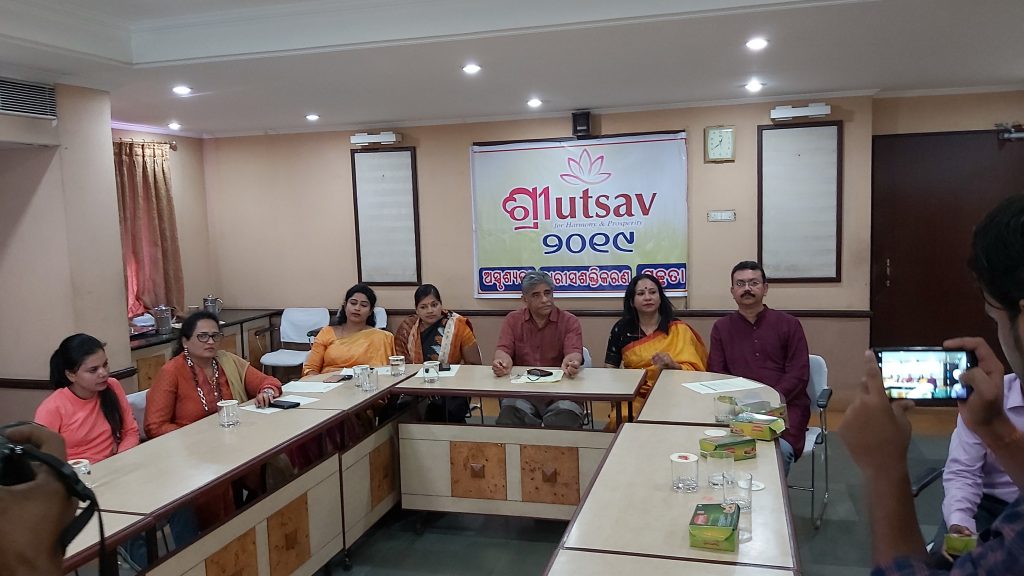Bhubaneswar: A group of volunteers who have been organising the public festival of “Sri Utsav” every year have announced that they will focus on the progressive messages from Odia poet Balaram Das’s ‘Lakshmi Purana’ at this year’s event.
According to the group, this year’s iteration of the “Sri Utsav” would try to popularise the powerful messages of the Odia mythological script on a national and global level. The larger messages of cleanliness, feminism, women empowerment and inequality in the society that has been written in the purana would be dispersed over the course of the four-day public festival.
“Cleanliness has always been very integral to worshipping goddess Lakshmi. We want people to focus on the larger message of not just keeping their houses clean but also their societies. Lakshmi Purana says everyone has the right to pray to god irrespective of their caste or creed. On December 5, we will have a state level mass Lakshmi Puja at Bhubaneswar, Berhampur, Khurda, Baripada, Puri, Pune, Mumbai and Delhi. We will have women from different castes, other states as well as manual scavengers join in for a mass recitation of the Lakshmi Purana,” said the chief advisor of the group Sri Jagadananda.
The group wants to popularise Lakshmi Purana on a level other festivals such as Ganesh Chaturthi is celebrated on a global level, beyond Maharashtra.
State coordinator of the group Chidatmika Khatua says the idea to make a homely festival into a public festival is to propagate the inclusive messages of the Purana to initiate a movement for social reforms.
“Sri Utsav is more than a religious festival. Lakshmi Purana brings women together. But we want to go beyond the rituals and focus on the larger messages of equal rights to women and uphold equality amongst different castes. Through this festival we would try to create awareness among the masses about the many concepts in the purana like celebrating womanhood or the financial independence of women,” said Khatua.
